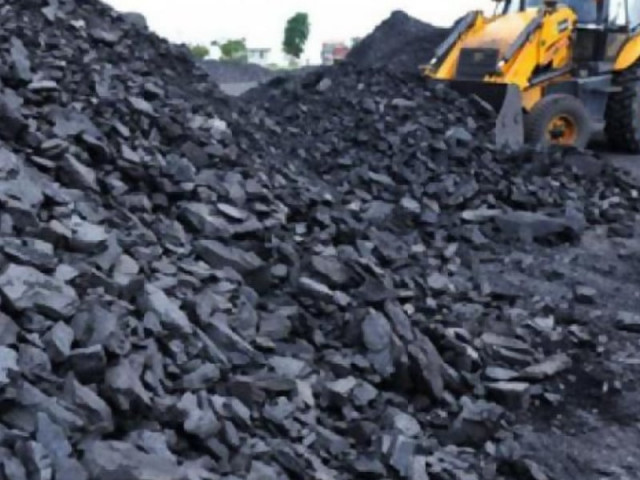Thar coal termed game changer for economy
It will cut electricity cost as coal worth $6b imported in last 3-4 years

Private Power and Infrastructure Board (PPIB) Director General Coal Said Ali Nawaz has remarked that Thar coal is truly a game changer for Pakistan's economy as the country has spent $6 billion on coal imports in the last three to four years.
"In the next five years, we could fully reap the benefits as base load shifts to Thar coal. This will reduce electricity prices and have an overall impact of Rs2 to Rs3 on the basket price through the conversion of three imported coal-based plants," he said.
Nawaz was speaking at a seminar on "Leveraging Indigenous Coal Resources for Sustainable Energy in Pakistan" on Monday, where the participants highlighted the critical need for transitioning from imported coal to the indigenous Thar coal.
The seminar was arranged by the US-Pakistan Centre for Advanced Studies in Energy (USPCAS-E), National University of Sciences and Technology (NUST).
The seminar delved into the findings of a recently published whitepaper by the USPCAS-E titled "Transition from Imported to Local Coal to Attain Energy Security in Pakistan: Opportunities & Challenges."
The document called for a strategic shift from imported coal to Thar coal to strengthen Pakistan's energy security and alleviate the financial burden of coal imports.
It highlighted that Pakistan had substantial coal resources, estimated at over 185 billion tonnes, with the majority located in Sindh's Thar region. These reserves could generate 100,000 megawatts of electricity for over 200 years, which will significantly reduce the need for costly imports.
At the event, leading energy experts discussed the strategic importance of Thar coal for reducing Pakistan's reliance on imported fuel and securing the nation's energy future.
Key discussions focused on global trends in power production, Pakistan's current energy mix and the challenges and opportunities associated with utilising local coal resources.
K-Electric Chief Strategy Officer Shahab Qader Khan said that Thar coal was at a takeoff stage and would eventually prove highly beneficial. This will also help generate employment and foster sustainable development.
"Ultimately, if local coal can generate cheap electricity, it is in the national interest and should be prioritised," said Salman Nazir, Head of Projects and Business Development, Renewable Resources (Pvt) Ltd


1733130350-0/Untitled-design-(76)1733130350-0-208x130.webp)
















COMMENTS
Comments are moderated and generally will be posted if they are on-topic and not abusive.
For more information, please see our Comments FAQ